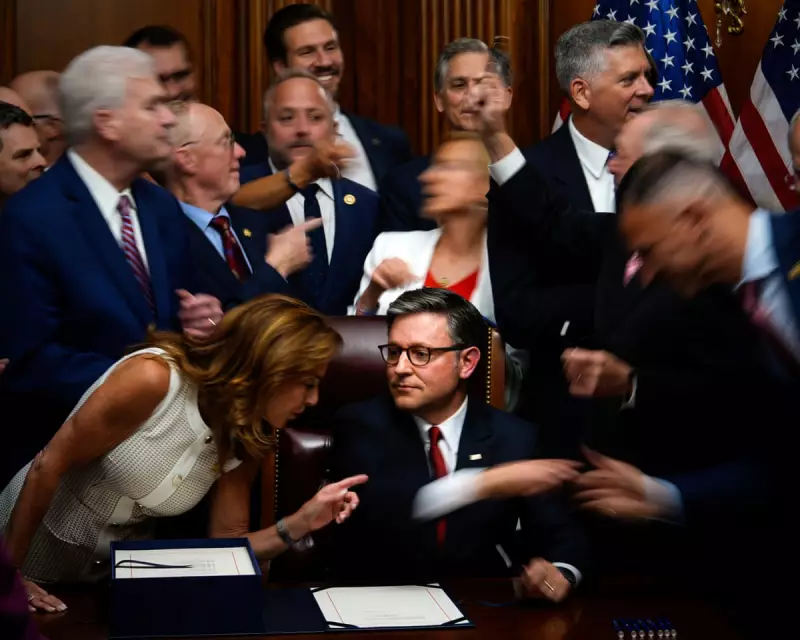
In a controversial move, the US government has voted to permanently shut down the Corporation for Public Broadcasting (CPB), ending decades of federal support for public media. The decision, passed as part of a broader budget bill, has ignited fierce debate over the role of publicly funded journalism and educational programming.
End of an Era for Public Media
Established in 1967, the CPB has been a cornerstone of American public broadcasting, providing critical funding to networks like PBS and NPR. Its closure marks a significant shift in US media policy, with supporters of the move arguing it eliminates unnecessary government spending, while critics warn of dire consequences for independent journalism and educational content.
Implications for Broadcasters and Audiences
The defunding will have immediate effects:
- Local PBS and NPR stations may face severe budget shortfalls
- Educational programming for children could be reduced
- Rural communities may lose access to quality news sources
Media analysts suggest this could accelerate the shift toward subscription-based and commercial models for former public broadcasters.
Political Divide Over Public Funding
The vote fell largely along party lines, reigniting debates about:
- The proper role of government in media
- Allegations of political bias in public broadcasting
- Alternative funding models for public service content
Advocates for public media have vowed to fight the decision, with some exploring legal challenges and private fundraising initiatives to keep stations operational.





